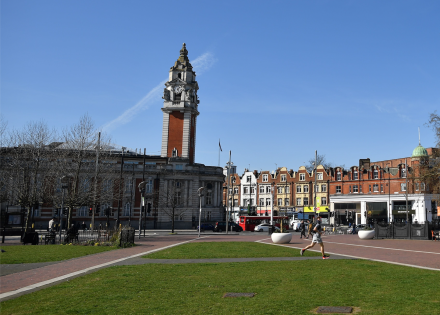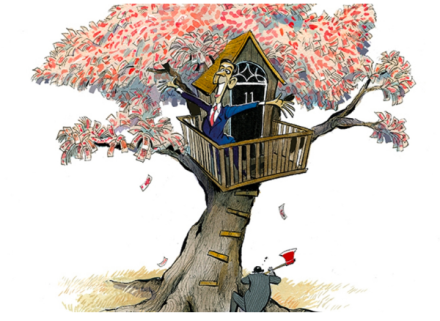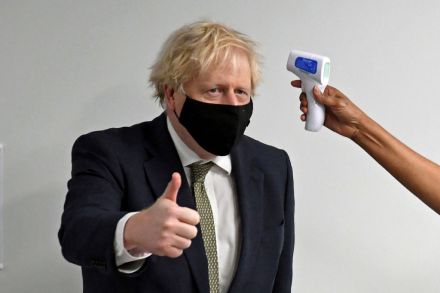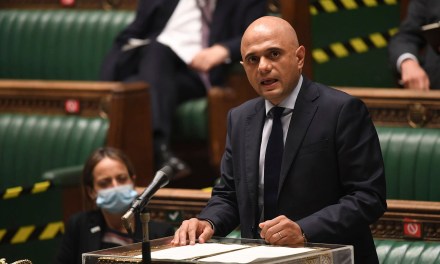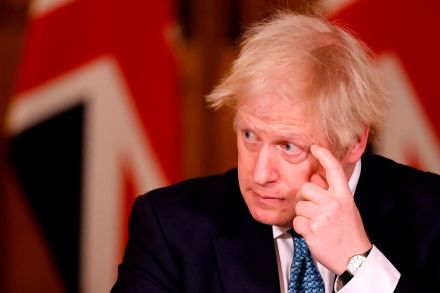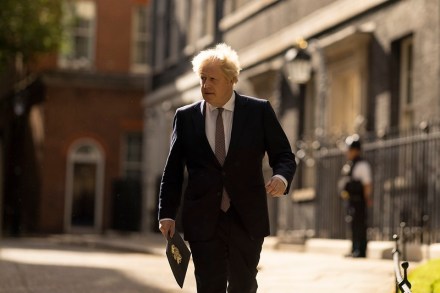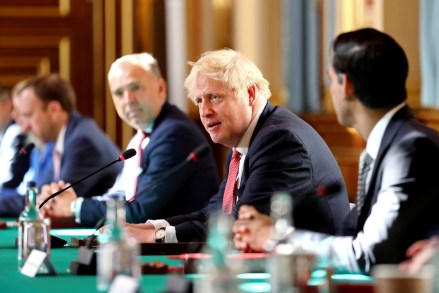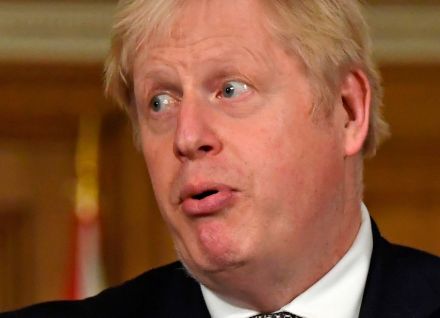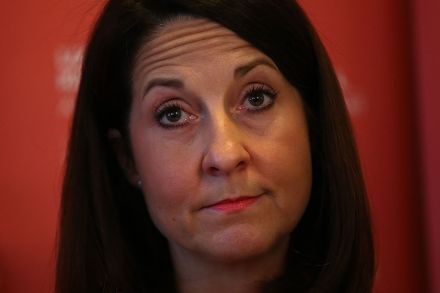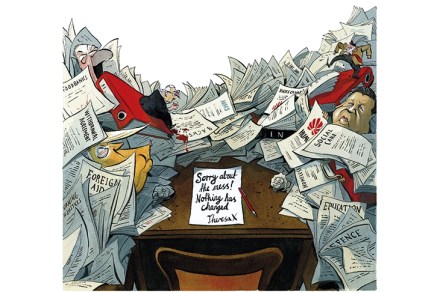Lambeth’s children suffered because of the council’s war on Thatcher
As if Rotherham, Rochdale, Telford and other places were not enough, last week we had another local authority child sex abuse scandal, this time from Lambeth. The child sex abuse inquiry’s damning report concluded that for years councillors and local authority managers in the borough were too indolent, too concerned with politics, and at times too compromised with local pressure groups, to take steps to protect some of the most vulnerable children in their care. The sufferers, as ever, were the children. Meetings, inquiries and promises to do better from Lambeth and other councils up and down the kingdom are a certainty. But it may be time for some more
